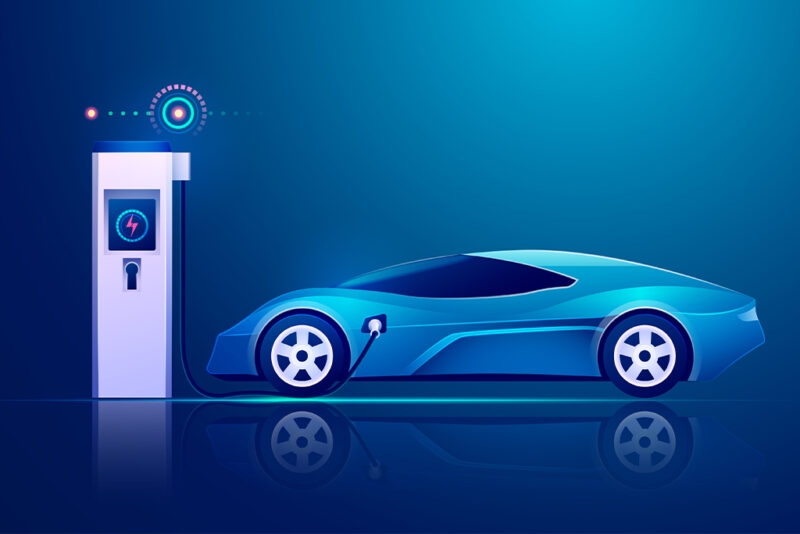
As we have seen in recent times, people have started to care much more about the environment and the carbon footprint that we are leaving on it. In many political debates, climate change has become a significant talking point. Statistics say that our current lifestyle is unsustainable and will lead to irreparable damage to the environment. Climate activists are raising awareness on this issue throughout the world. During this lockdown period, we have also seen the significant difference we can make to the environment if we only consume what we need. One thing is for sure, people will become more conscious of the environmental impact of our activities.
Internal combustion engines in vehicles cause a great deal of pollution, which can be avoided. Governments are tightening emissions standards and encouraging the production of electric vehicles. Currently, subsidies from the government play a major part in making electric cars affordable. A battery pack is typically the single most expensive component in an electric car. From 2010 to 2019, lithium-ion battery prices (when looking at the battery pack as a whole) have fallen from $1,100 per kilowatt-hour (kwh) to $156/kwh—an 87% cut. From 2018 to 2019 alone, that represents a cut of 13% (source: Bloomberg New Energy Finance).
Conventional cars have precisely 100 times the number of parts that electric cars have. Due to this, the maintenance cost of electric cars is far lower than that of conventional ones. Even the charging infrastructure in cities is growing rapidly. Mahindra Glyd cab services in India is completely reliant on electric cars. Tesla has broken the myth that electric cars lack acceleration and speed. Older players are being forced to adapt to these changing circumstances. Many established companies are also launching new electric models. The continuous fall in battery prices mitigates the current challenge of the high upfront cost of ownership of electric cars. Lower maintenance and environmental benefits lead to the achievement of social as well as economic objectives, which in turn popularises the electric car.
Like every major invention, there will be resistance. People dislike change, especially when it comes with a hit in profits. Still, I believe the electric car may replace fuelpowered cars over time as the profit makers of the automotive industry. However, the human mind often underestimates the pace of change. Take a look at this example. Within 13 years, the transition from horse carriages to cars in the time period 1900-13 was completed in New York City. Do I believe this transition will happen with electric cars? Yes. Will it happen instantly? No. There are major roadblocks as I have listed above and each of them will be overcome but in due course of time. The fuelpowered car is not leaving anytime soon. Sure, people may dislike it, but it will serve as a necessary evil until we further develop electric car technology. I believe the electric car will become the new norm but, we must be patient as it might take a while.
ACTIVITY: Go Electric
Design a cool-looking electric car.































